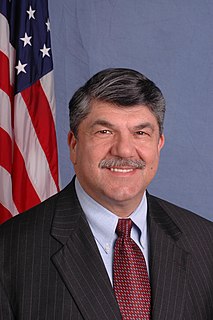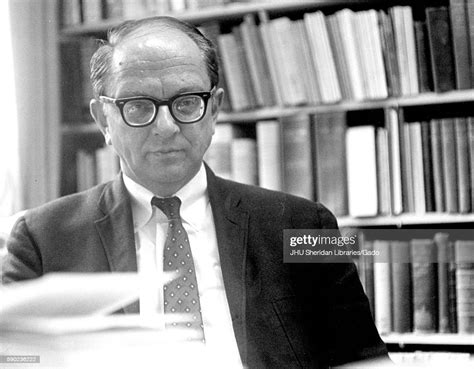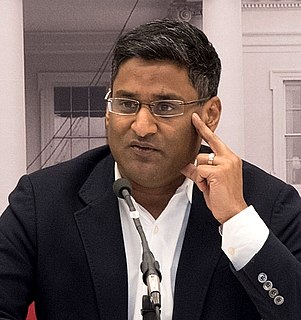A Quote by Michael Beschloss
Lincoln was able to say, you know, "It will make me very unhappy if I lose the presidency, but I'm committed to larger things." If you look at candidates and say this is someone who can be happy to go back to their family or they have larger convictions. Franklin Roosevelt jeopardized his presidency by telling Americans in 1940, "We might have to fight Hitler." He loved being president, but he loved defending freedom more.
Related Quotes
Even though Lyndon Johnson's presidency was in many ways scarred forever by the war in Vietnam, and destroyed in a lot of ways, he - as a character - was even larger than his presidency. Being able to get to know him well, that firsthand relationship with this large character, I think is what drew me to writing books about presidents.
I think you have to take the man and say to yourself, [Donald Trump] is someone who wants to occupy the Oval Office, where Franklin Roosevelt, Teddy Roosevelt, Abraham Lincoln, George Washington, and people who were our president, and I don't think it's just a woman's issue. I think it's an issue that should be of concern to all Americans.
I say let's go back to a truer use of the word 'freedom.' Let's start with President Franklin Roosevelt's Four Freedoms: freedom of speech and expression, freedom of worship, freedom from want and freedom from fear. I would add the freedom to bargain collectively. Those freedoms are under attack today.
When the death of President Franklin Delano Roosevelt thrust him suddenly into the Presidency in April of 1945 at one of the most critical moments of our history, he met that moment with courage and vision. His farsighted leadership in the postwar era has helped ever since to preserve peace and freedom in the world.
What will a Hillary Clinton presidency look like? The answer by now seems obvious: It will look like her presidential campaign, which in turn looks increasingly like the first Clinton presidency. Which is to say, high-minded ideals, lowered execution, half truths, outright lies (and imaginary flights), take-no prisoners politics, some very good policy ideas, a presidential spouse given to wallowing in anger and self-pity, and a succession of aides and surrogates pushed under the bus when things don't go right. Which is to say, often.
Only in my case, when my presidency ends, I will go back to my home industrial city town, 800 meters from my local trade union that projected me my political life. And if I fail, when I go back to my hometown, it's going to take another century for another worker, another member of the working class to reach the presidency, because people are going to say that the workers do not have the competency to run a country.
It's one of the few regrets of my presidency - that the rancor and suspicion between the parties has gotten worse instead of better. There's no doubt a president with the gifts of Lincoln or Roosevelt might have better bridged the divide, and I guarantee I'll keep trying to be better so long as I hold this office.
He loved me. He'd loved me as long as he he'd known me! I hadn't loved him as long perhaps, but now I loved him equally well, or better. I loved his laugh, his handwriting, his steady gaze, his honorableness, his freckles, his appreciation of my jokes, his hands, his determination that I should know the worst of him. And, most of all, shameful though it might be, I loved his love for me.
For decades, people right, left, and center complained that the presidency is too powerful. Trump's administration is shrinking the presidency. The president has less and less influence over Congress. This president is not fulfilling the usual role of the president in being the moral leader and the spokesman for the country. He's just not being looked to for leadership.








































